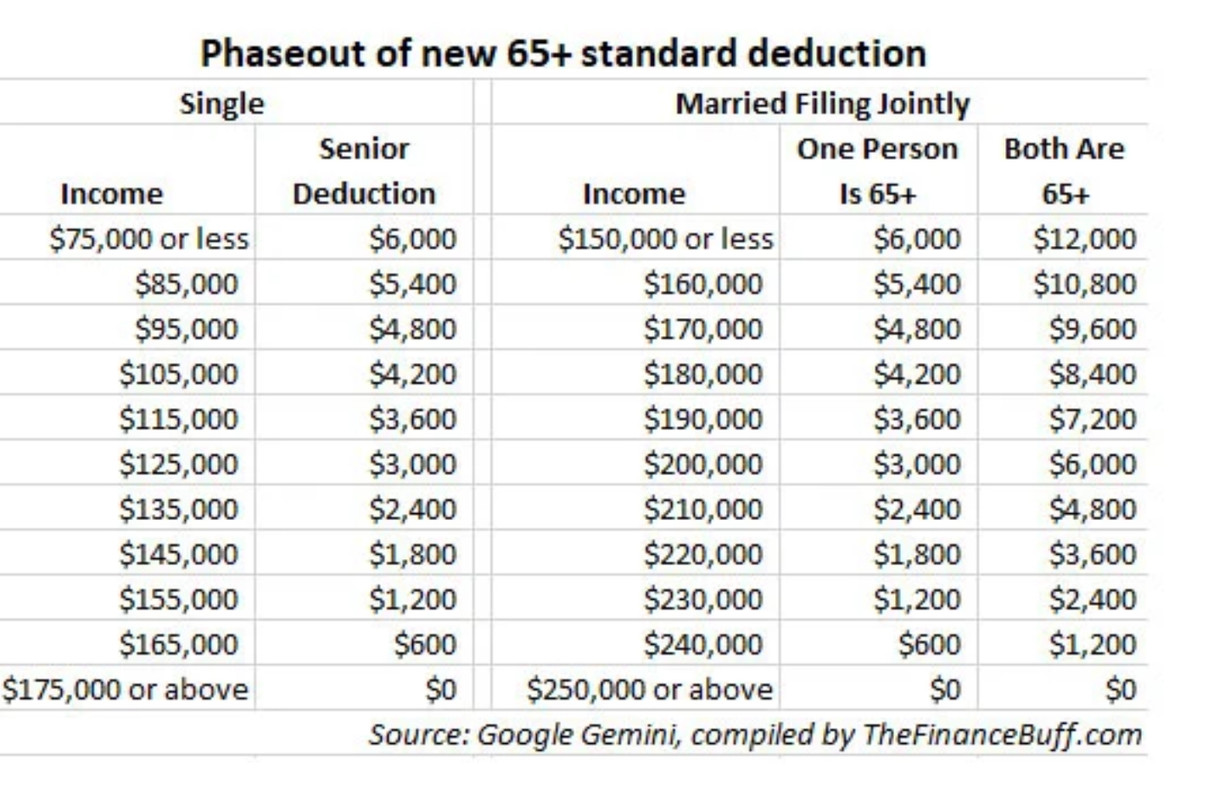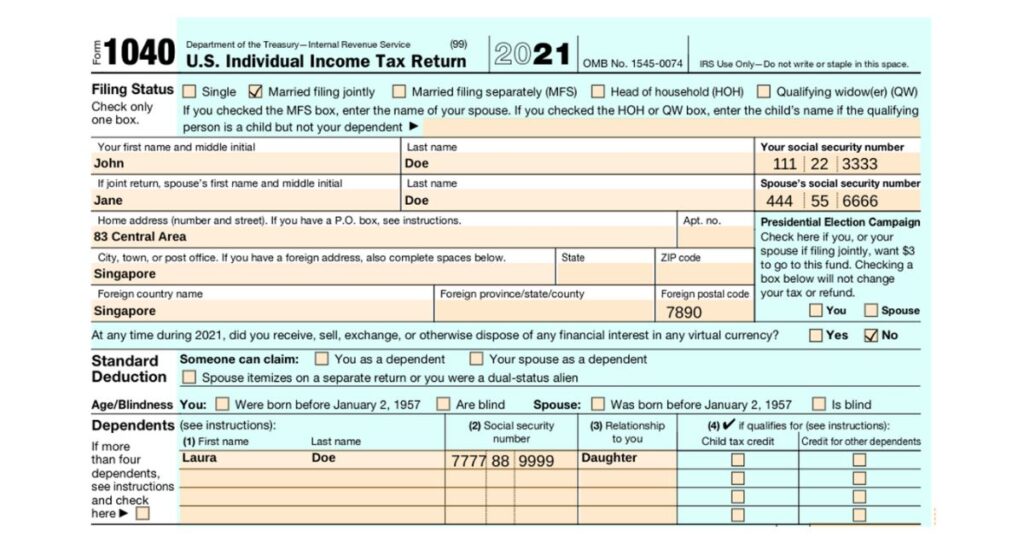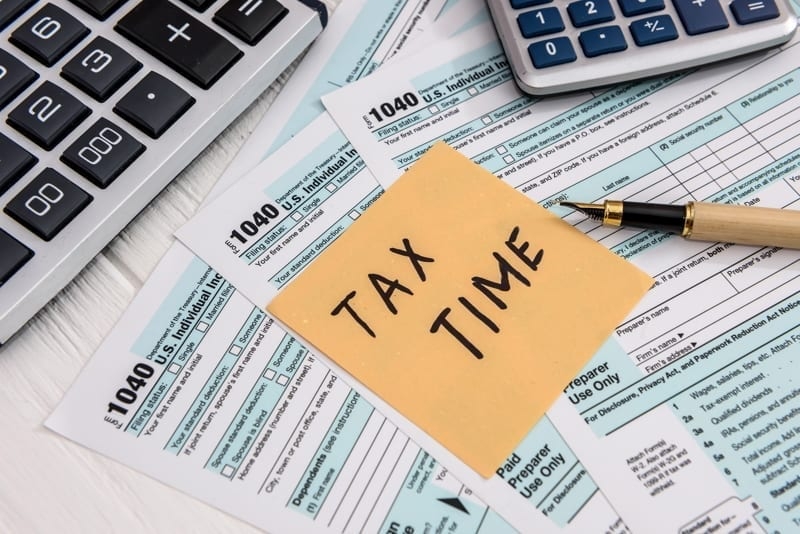All You Need to Find Out About the Foreign Earned Earnings Exclusion and Its Link to the Typical Reduction
The Foreign Earned Income Exemption (FEIE) offers a crucial possibility for united state people and resident aliens functioning abroad to minimize their gross income. Understanding the eligibility standards and claiming process is vital. Nonetheless, the interaction between the FEIE and the standard reduction can complicate tax obligation technique. Errors in navigating these policies can lead to missed advantages. Exploring these facets exposes crucial information for reliable tax preparation and making best use of monetary advantages.
Recognizing the Foreign Earned Income Exemption (FEIE)
The Foreign Earned Revenue Exclusion (FEIE) works as a vital tax provision for united state people and resident aliens that function abroad, enabling them to exclude a considerable section of their foreign-earned earnings from united state federal tax. This stipulation is crucial for people living outside the USA, as it assists reduce the monetary concern of double tax on revenue made in foreign countries. By utilizing the FEIE, qualified taxpayers can reduce their taxable revenue considerably, promoting financial security while living and functioning overseas. The exemption amount is adjusted annually for rising cost of living, ensuring it reflects current financial problems. The FEIE is specifically valuable for those in regions with a greater cost of living, as it allows them to retain even more of their profits. Comprehending the auto mechanics and effects of the FEIE equips expatriates to make informed monetary choices and enhance their tax obligation circumstances while living abroad.
Eligibility Requirements for the FEIE
To get approved for the Foreign Earned Earnings Exclusion, individuals must meet particular qualification needs that include the Residency Test and the Physical Existence Examination. Additionally, employment standing plays an important duty in establishing qualification for this tax benefit. Comprehending these standards is essential for anyone looking for to benefit from the FEIE.

Residency Examination Standard
Establishing qualification for the Foreign Earned Income Exemption (FEIE) hinges on conference particular residency test requirements. Mainly, individuals should establish their tax home in an international country and demonstrate residency via either the authentic house test or the physical existence examination. The authentic house test needs that a taxpayer has actually established an irreversible residence in a foreign nation for a continuous duration that covers a whole tax obligation year. This involves demonstrating intent to make the international location a major home. Furthermore, the taxpayer has to show ties to the foreign country, such as securing housing, work, or household links. Fulfilling these residency criteria is crucial for getting approved for the FEIE and successfully minimizing tax liabilities on earned earnings abroad.
Physical Presence Examination
Satisfying the residency standards can also be achieved with the physical visibility examination, which uses a different course for receiving the Foreign Earned Revenue Exemption (FEIE) To satisfy this examination, a private have to be physically existing in an international nation for a minimum of 330 full days during a successive 12-month period. This need highlights the value of real physical presence, rather than just keeping a house abroad. The 330 days do not have to be successive, permitting versatility in traveling arrangements. This test is specifically useful for U.S. people or homeowners functioning overseas, as it enables them to leave out a substantial part of their foreign earned revenue from U. FEIE Standard Deduction.S. taxes, thus decreasing their total tax obligation liability
Work Standing Needs
Qualification for the Foreign Earned Revenue Exclusion (FEIE) depends upon specific work standing needs that people should satisfy. To qualify, taxpayers need to show that their income is derived from foreign sources, typically with work or self-employment. They have to be either a united state resident or a resident alien and keep a tax obligation home in a foreign nation. Furthermore, individuals need to fulfill either the Physical Presence Test or the Bona Fide Home Examination to develop their international condition. Freelance individuals must report their internet revenues, guaranteeing they do not surpass the well-known exclusion restrictions. It's vital for applicants to keep proper documentation to confirm their cases regarding employment status and foreign earnings throughout the tax obligation year.
Just how to Declare the FEIE

Eligibility Requirements Explained
For individuals looking for to profit from the Foreign Earned Revenue Exemption (FEIE), understanding the qualification demands is important. To certify, one must satisfy two key examinations: the bona fide house test or the physical visibility test. The authentic home test puts on those that have established an irreversible house in an international country for an undisturbed duration, generally a year or even more. Conversely, the physical visibility examination needs individuals to be physically present in an international nation for at the very least 330 days during a 12-month duration. FEIE Standard Deduction. In addition, only earned revenue from international resources gets approved for exclusion. Fulfilling these standards is vital for taxpayers desiring to lower their taxable revenue while residing abroad
Needed Tax Return
Exactly how can one successfully assert the Foreign Earned Revenue Exclusion (FEIE)? To do so, details tax obligation kinds have to be utilized. The main form needed is IRS Form 2555, which permits taxpayers to report international made revenue and declare the exclusion. This form calls for comprehensive information concerning the individual's international residency and the earnings made while living abroad. Additionally, if declaring the exemption for housing expenses, Form 2555-EZ may be utilized for simpleness, offered certain criteria are satisfied. It is crucial to guarantee that all required areas of the forms are finished accurately to stay clear of hold-ups or concerns with the IRS. Recognizing these types is vital for taking full advantage of the advantages of the FEIE.
Filing Refine Actions
Claiming the Foreign Earned Income Exemption (FEIE) involves a collection of well organized and clear steps. Individuals have to establish their eligibility, confirming they satisfy the physical visibility or bona fide residence tests. Next, they need to complete internal revenue service Type 2555, describing earnings earned abroad and any type of applicable exemptions. It is important to collect sustaining paperwork, such as foreign income tax return and evidence of home (FEIE Standard Deduction). After filling up out the form, taxpayers must attach it to their annual tax return, generally Form 1040. Filing electronically can streamline this process, however ensuring accurate info is vital. Finally, people have to keep copies of all sent kinds and sustaining files for future referral in case of audits or questions from the internal revenue service
The Standard Reduction: A Summary
The common reduction works as a vital tax advantage that streamlines the filing process for lots of people and households. This reduction permits taxpayers to lower their gross income without the need to detail deductions, making it an eye-catching choice for those with uncomplicated financial situations. For the tax year, the basic reduction quantity varies based upon declaring status, with different thresholds for single filers, couples filing jointly, and heads of family.
The typical deduction is i thought about this adjusted each year for inflation, ensuring its relevance with time. Taxpayers who certify can pick in between the basic deduction and detailing their deductions, commonly opting for the higher advantage. By providing a standard deduction, the basic reduction supports taxpayers in decreasing their general tax liability, thus boosting their economic setting. Understanding the common reduction is crucial for reliable tax planning and taking full advantage of potential savings for people and family members alike.
Interaction In Between FEIE and Conventional Deduction
While both the Foreign Earned Revenue Exemption (FEIE) and the common deduction serve to lower gross income, their interaction can considerably affect a taxpayer's overall tax obligation. Taxpayers who receive the FEIE can exclude a considerable amount of their foreign-earned revenue, which might influence their eligibility for the typical deduction. Especially, if a taxpayer's foreign income is totally omitted under the FEIE, their gross income may fall below the threshold required to assert the conventional reduction.
It is necessary to note that taxpayers can not double-dip; they can not use the very same earnings to assert both the FEIE and the common reduction. When establishing the best method for tax decrease, this indicates that cautious factor to consider is required. Ultimately, understanding how these two stipulations engage enables taxpayers to make informed decisions, ensuring they optimize their tax obligation benefits while continuing to be certified with internal revenue service policies.
Tax Obligation Benefits of Utilizing the FEIE
Making Use Of the Foreign Earned Earnings Exclusion (FEIE) can provide significant tax advantages for united state citizens and resident aliens living and working abroad. This exclusion allows eligible individuals to leave out a specific amount of foreign-earned income from their gross income, which can bring about significant tax cost savings. For the tax obligation year 2023, the exemption quantity depends on $120,000, significantly decreasing the gross income reported to the internal revenue service.

Additionally, the FEIE can aid prevent dual taxes, as international taxes paid on this revenue might additionally be qualified for credit histories or reductions. By tactically making use of the FEIE, taxpayers can preserve even more of their revenue, allowing for improved financial stability. The FEIE can be useful for those who qualify for the bona fide home test or physical visibility examination, providing adaptability in handling their tax obligation commitments while living overseas. Generally, the FEIE is a valuable device for expatriates to maximize their funds.

Common Mistakes to Prevent With FEIE and Basic Reduction
What risks should taxpayers understand when claiming the Foreign Earned Earnings Exclusion (FEIE) alongside the standard deduction? One typical mistake is presuming that both advantages can be claimed simultaneously. Taxpayers should understand that the FEIE needs to be claimed before the standard reduction, as the exemption basically decreases gross income. Stopping working to fulfill the residency or physical existence tests can additionally result in ineligibility for the FEIE, resulting in unexpected tax obligation liabilities.
Furthermore, some taxpayers overlook the requirement of correct paperwork, such as maintaining documents of foreign revenue and travel dates. One more constant error is miscalculating the exemption amount, possibly because of inaccurate kinds or misconception of tax guidelines. Inevitably, individuals need to keep in mind that claiming the FEIE could affect eligibility for certain tax obligation credits, which can complicate their general tax obligation circumstance. Awareness of these risks can assist taxpayers browse the intricacies of worldwide taxes better.
Regularly Asked Questions
Can I Declare FEIE if I Live Abroad Part-Time?
Yes, a person can assert the Foreign Earned that site Income Exemption if they live abroad part-time, offered they fulfill the essential needs, such as the physical existence or authentic house examinations outlined by the IRS.
Does FEIE Impact My State Tax Obligation Responsibilities?
The Foreign Earned Income Exemption (FEIE) does not directly affect state tax obligation responsibilities. States have varying regulations regarding earnings gained abroad, so individuals should consult their specific state tax obligation regulations for exact support.
Exist Any Expiry Dates for FEIE Claims?
Foreign Earned Income Exclusion (FEIE) claims do not have expiration days; nonetheless, they need to be declared yearly on income tax return. Failing to insurance claim in a provided year may result in lost exemption benefits for that year.
How Does FEIE Effect My Social Protection Advantages?
The Foreign Earned Revenue Exclusion (FEIE) does not directly impact Social Security advantages, as these advantages are based on life time profits. Excluded income might minimize general earnings, possibly affecting future benefit estimations.
Can I Withdraw My FEIE Case After Filing?
Yes, a person can revoke their International Earned Earnings Exclusion claim after declaring. This retraction should be submitted through the suitable tax obligation types, and it will impact their tax obligations and prospective deductions progressing.
The Foreign Earned Revenue Exclusion (FEIE) presents a vital opportunity for U.S. residents and resident aliens working abroad to decrease their taxed revenue. Recognizing the Foreign Earned Revenue Exclusion (FEIE)
The Foreign Earned International Exclusion RevenueFEIE) serves as offers essential tax vital for Stipulation citizens united state people aliens who work abroad, allowing them enabling exclude a leave out portion substantial part foreign-earned income from Revenue federal taxationGovernment While both the Foreign Earned Revenue Exclusion (FEIE) and the standard deduction offer to decrease taxable income, their interaction can considerably influence a taxpayer's total tax next page obligation responsibility. Making Use Of the Foreign Earned Earnings Exclusion (FEIE) can offer remarkable tax obligation benefits for U.S. residents and resident aliens living and functioning abroad. Foreign Earned Earnings Exclusion (FEIE) claims do not have expiry days; however, they must be declared annually on tax returns.